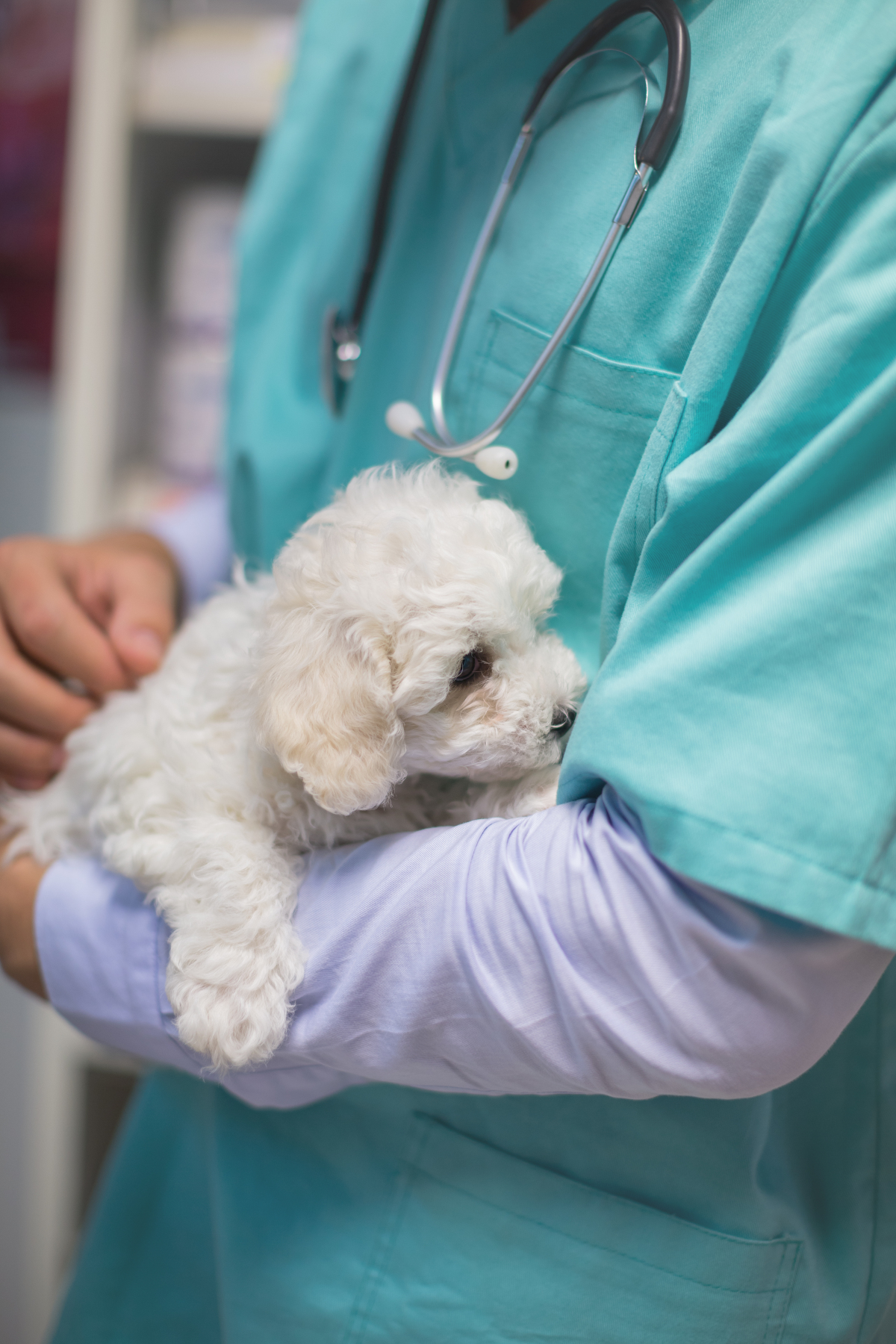
If you’ve ever needed veterinary care for your beloved pet (who hasn’t?), you know what a significant role veterinary technicians play. Having an experienced, compassionate vet tech can make all the difference in getting your pet the care and comfort they need. Sometimes called veterinary nurses, these unique individuals are an integral part of our team.
The third week in October is Veterinary Technician Appreciation Week each year. It’s a beautiful opportunity to learn about what these professionals do and for practice managers, veterinarians, and pet owners to show appreciation for their daily contributions to animal well-being.
What is a Veterinary Technician?
Simply put, veterinary technicians do whatever is needed to assist the veterinarian in caring for pets. In addition, they possess invaluable skills in pet care and pet owner education. They also bring their experience and an extra set of senses into the exam room or treatment room as they assist the veterinarian.
Each state has different requirements for licensing veterinary technicians. In California, individuals must attend a licensed veterinary technician school accredited by the American Veterinary Medical Association (AVMA). Once completing their schooling, an individual must pass the Veterinary Technician National Exam (VTNE) and an additional California state board examination before earning Registered Veterinary Technician (RVT) status.
In addition, to maintain their license, individuals must earn a minimum of 20 hours of continuing education courses every two years. This requirement ensures that RVTs maintain current knowledge of medical advances and new technology in the veterinary field. They may also pursue specialized training and certification in specific disciplines, including dentistry, surgery, anesthesia, oncology, and nutrition, to name a few.
A Day in The Life of a Veterinary Technician
Veterinary technicians wear many hats daily, and their duties differ based on their patients’ needs. Ask any of our veterinarians, and they will tell you they simply couldn’t do their job without their vet tech.
Their duties include, but are not limited to:
- Taking a medical history for each pet’s exam
- Performing laboratory diagnostics (blood work, urinalysis)
- Taking radiographs (x-rays)
- Assessing pet pain and discomfort
- Assisting in diagnosis
- Assisting the veterinarian in surgical procedures
- Monitoring pet anesthesia before, during, and after surgery
- Providing nursing care and TLC to hospitalized patients
- Performing laser therapy treatments
- Providing updates and information to veterinarians regarding patient health
- Answering client questions and providing client education
Far from just an extra set of hands to fetch a vaccine, veterinary technicians bring all their experience and knowledge to bear on each pet’s treatment and care. Their expertise complements the veterinarian’s knowledge and raises the level of care we can provide to pets daily.
Love and Compassion for Pets
Perhaps the most endearing attribute of these fantastic professionals is their love and compassion for animals and their unending commitment to animal welfare. This month, please join us as we thank our veterinary technicians for their contributions. Although we work hard to show them our appreciation every day, we like to take the opportunity during National Veterinary Technician Appreciation Week to acknowledge the skills, compassion, and energy they bring to the team at Felton Veterinary Hospital. Please join us as we thank our veterinary technicians for their contributions.


 Schedule an Appointment
Schedule an Appointment
